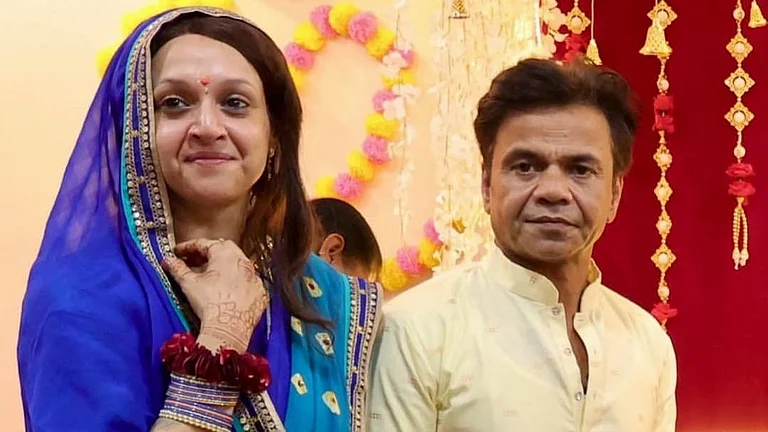The Karnataka High Court has quashed a Magistrate court order permitting the Enforcement Directorate (ED) to question five undertrials who are in judicial custody in a Special Court case.
The case pertained to Harsha D, a first divisional clerk who was arrested in the police sub-inspector recruitment scam earlier this year. The first case against him was filed in the Chowk Police Station in the district headquarters town of Kalaburagi which was later transferred to the CID (Crime Investigation Department).
A second case in the issue was filed in the High Grounds Police Station here in July 2022 in which Harsha was again one of the accused.
He has been in custody since his first arrest earlier this year. In August, the ED filed an application before the Magistrate court seeking permission to question Harsha and four others under the Prevention of Money Laundering Act.
The Magistrate court allowed it in September and challenging this Harsha approached the High Court.
Senior Counsel Sandesh J Chouta argued that since a Special Court had sent Harsha to judicial custody, it was only that court which could permit any agency to question him. The Magistrate court did not have the power to grant it.
Justice M Nagaprasanna in his recent judgement said the application itself was “not maintainable before the learned Magistrate, since the Court did not have the power to direct recording of statements for it to become a record under the PMLA".
The order which was passed by the Magistrate court which did not have a jurisdiction to even consider any application under the PMLA, is rendered unsustainable", the HC said in its order.
The HC however allowed the ED to make a similar application before the jurisdictional court. “The 3rd respondent – Enforcement Directorate is reserved liberty to file an application of the kind that it has filed before the learned Magistrate, before the Special Court, which shall deal with it in accordance with law.”
(With PTI Inputs)


























